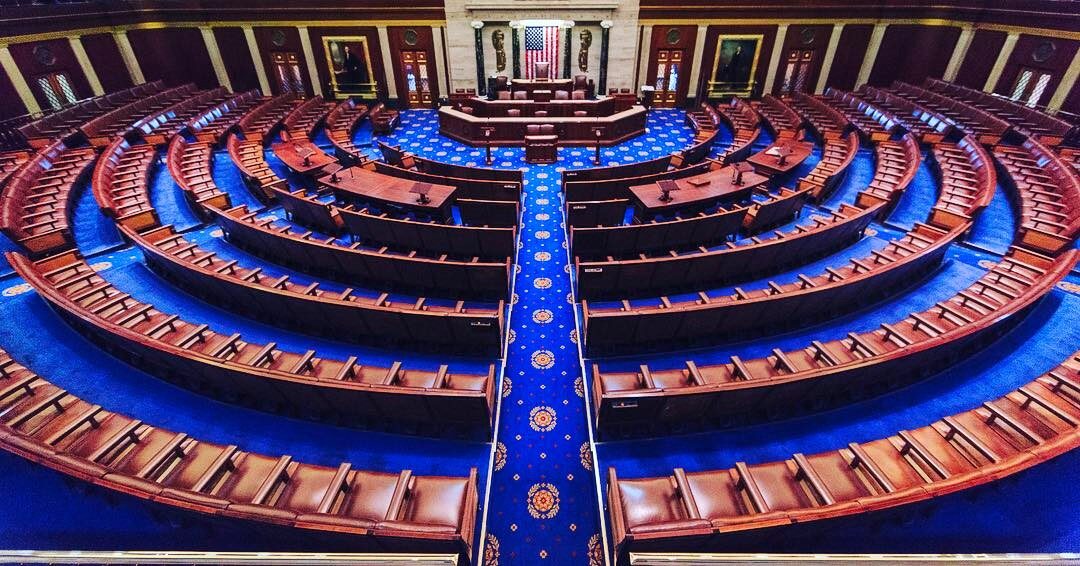On Tuesday night, the Republican tax reform bill passed the Senate upon a party-line vote, clearing the way for it to be signed by U.S. President Donald Trump. It had passed the House earlier that afternoon, and while the House version must now go back to be voted on again, the odds that it passes again are quite safe.
We at pv magazine have explored in detail the impacts on renewable energy finance from the Base Erosion Anti-Abuse Tax (BEAT) provision, which was significantly altered in the final bill but remains a threat to tax equity financing. However analyses by law firm Norton Rose Fulbright (NRF) and Fitch Ratings show that a number of other changes to the tax code will also have significant effects upon the returns from renewable energy projects, the financing of these projects and the value of tax credits.
The corporate tax rate and tax equity finance
First off, Fitch and NRF agree that the reduction in the corporate tax rate from 35% to 21% will make renewable energy projects more valuable, as the owners will be able to keep more of the income. However, this will also reduce the value of the Investment Tax Credit (ITC) for solar and Production Tax Credit (PTC) for wind – which will be further reduced for investors exposed to the BEAT tax.
NRF estimates that tax equity currently accounts for 40-50% of the capital stack of a typical solar project, and notes that this portion will shrink, likely to be replaced with more debt. Another side effect of the BEAT provision is that investors in existing tax equity deals are at risk for tax credits that are “clawed back” under the new tax.
However, even with the reduced value from the lower tax rate and the complexities of the BEAT provision, NRF states that the market for tax equity finance “should continue to function”.
Both NRF and Fitch note that the lower corporate tax rate should also extend the “flip dates” of solar and wind projects, when tax equity reaches required return levels.
Depreciation
The new tax bill will also have significant effects on depreciation. While depreciation will be worth less at the lower corporate tax rate, NRF also notes that under the new tax code the full cost of equipment can be written off immediately, for any equipment acquired and put into service after September 27, 2017.
Regulated public utilities will not qualify for the immediate depreciation provision, which is optional, and developers can opt out of the 100% depreciation bonus and write down their assets more slowly, which NRF notes can be important in partnership flip transactions.
Other provisions
In his note on the NRF site, U.S. co-head of projects for the United States, Keith Martin outlines 11 other areas of change to the tax code which can effect project finance. This includes a provision to prevent the future use of prepaid power contracts and provisions that could make some borrowing more expensive.
And while the overall effect on renewable energy projects and finance is unclear at this time, one thing is clear from the new bill: that lenders, developers and tax lawyers will be very busy for the next year trying to figure out the new landscape.
The full article from Norton Rose Fulbright can be read here.
This content is protected by copyright and may not be reused. If you want to cooperate with us and would like to reuse some of our content, please contact: editors@pv-magazine.com.









By submitting this form you agree to pv magazine using your data for the purposes of publishing your comment.
Your personal data will only be disclosed or otherwise transmitted to third parties for the purposes of spam filtering or if this is necessary for technical maintenance of the website. Any other transfer to third parties will not take place unless this is justified on the basis of applicable data protection regulations or if pv magazine is legally obliged to do so.
You may revoke this consent at any time with effect for the future, in which case your personal data will be deleted immediately. Otherwise, your data will be deleted if pv magazine has processed your request or the purpose of data storage is fulfilled.
Further information on data privacy can be found in our Data Protection Policy.